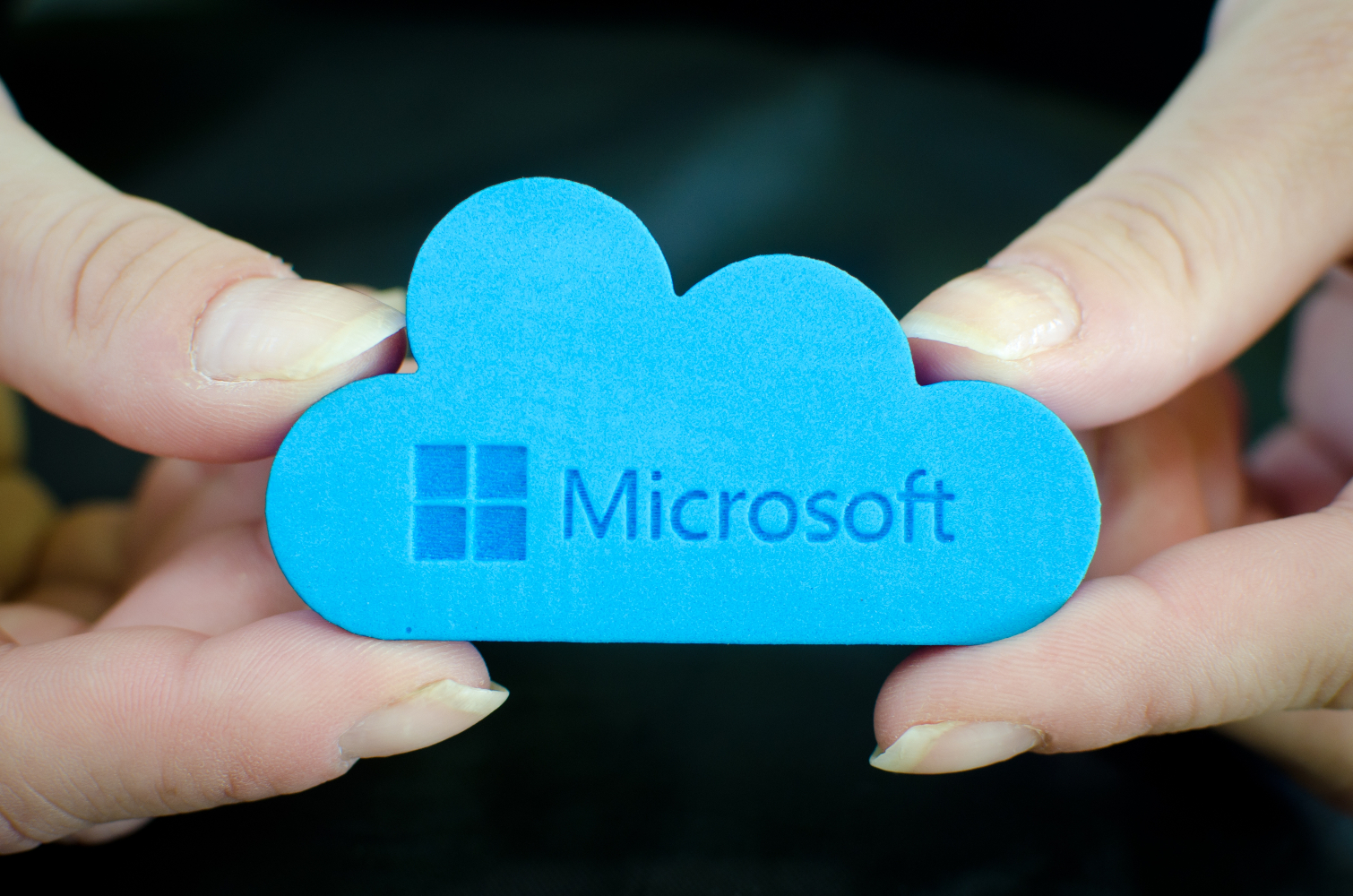Microsoft Expands Airband Initiative to Offer High-Speed Internet
Microsoft announced yesterday that it's expanding its Airband Initiative with the intent of providing internet access to 40 million people by July 2022. The company's renewed efforts will begin with Latin America and Sub-Saharan Africa, but it will also use the project to bring high-speed internet access to other "areas with significant underserved populations" that "also have regulatory interest in solving connectivity issues" as the project continues.
Airband started in 2017 with the goal of making high-speed internet access available to another 3 million people in the rural U.S. by July 2022. The company underwent similar projects elsewhere, too, but those efforts weren't part of the Airband Initiative. Now they are. That should make the projects easier to manage (and promote) without requiring Microsoft to significantly change its operations to reach another 40 million people in three years.
Microsoft said the Airband Initiative would attempt to solve connectivity problems by...
- Removing regulatory obstacles to TV White Space (TVWS) and other technologies that help our partners extend their networks quickly in unserved, predominantly rural, areas.
- Partnering with local internet service providers (ISPs) to provide affordable, reliable internet services.
- Enabling rural digital transformation in newly connected areas, with a focus on supporting agriculture, education, rural entrepreneurship and telemedicine, as well as off-grid energy sources where necessary in order to improve rural productivity and livelihood.
- Building a larger ecosystem of support, with a focus on stimulating international financing, to scale connectivity projects beyond our own direct investments.
The company explained that it could probably work faster by working alone, but solving connectivity problems requires a different approach in each region, making it difficult for Microsoft to do everything itself. Local companies probably know how to solve these issues; the Airband Initiative is supposed to make it easier for them to do so. (With the idea being that Microsoft is helping them help themselves, if you will.)
And why is Microsoft doing this? Depends on who you ask. "There are too many things that divide us in the world today," the company said in yesterday's announcement. "The internet can bring us closer together, foster new understandings and connections and remove structural barriers to opportunity and equality. Airband International is focused on doing just that, and we hope that you’ll add your support to these efforts as we move forward."
There's likely another reason, too, which is that unconnected people can't sign up for Microsoft services. The company only has so much room to grow in established markets; it has to create new ones if it wants to continue to impress shareholders. That isn't to say greed is the only reason why a tech company would bring high-speed internet access to new communities, but pretending it's not at least part of the reason would be willfully naive.
Get Tom's Hardware's best news and in-depth reviews, straight to your inbox.

Nathaniel Mott is a freelance news and features writer for Tom's Hardware US, covering breaking news, security, and the silliest aspects of the tech industry.
